New Vietnamese internet law require Facebook and TikTok to verify user identities and hand over data to authorities.
In an era where internet freedom is a vital aspect of global connectivity, Vietnam has introduced new rules tightening its control over digital platforms. These regulations, which compel companies like Facebook and TikTok to verify user identities and provide data to authorities, have sparked debates about privacy, freedom of expression, and the implications for social media and gaming industries. The new law, implemented on December 25, 2024, grants the government extensive oversight of online activities, posing significant questions about the balance between national security and individual liberties.
The Vietnamese government now has more authority over internet services and users thanks to this new internet law. It aims to increase government control over internet information access for social and national security purposes, and it went into force on Wednesday, December 25, 2024. According to the law, social media companies that offer services to Vietnamese consumers must keep user data on file and make it available to authorities upon request. This November, the government issued a regulation requiring organizations to remove any content deemed unlawful by the police within 24 hours.
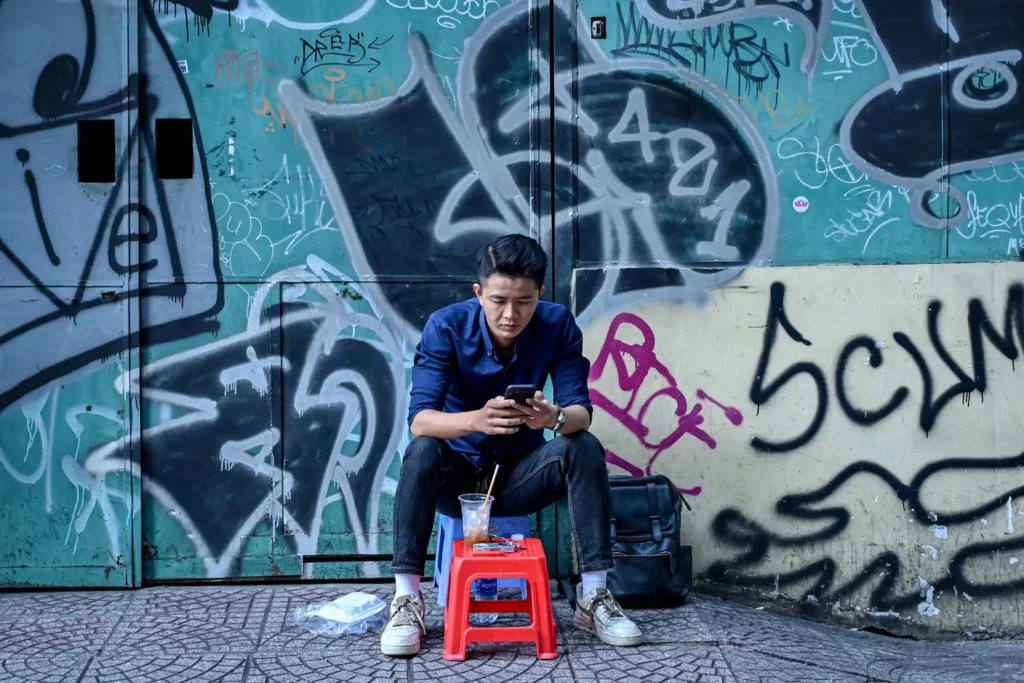
What is Decree 147?
“Decree 147” requires all tech companies doing business in Vietnam to validate customers’ accounts using their phone numbers or Vietnamese identification numbers and keep that data on file along with the user’s full name and birthdate. Additionally, firms must give government agencies search and content-scanning capabilities upon request, according to Decree 147. It restricts access to some features, such as live video streaming, to verified accounts only.
Decree 147 expands on a 2018 cybersecurity bill that drew harsh criticism from the US, EU, and proponents of internet freedom for imitating China’s oppressive internet control. The Vietnamese government has a reputation for eliminating opposition quickly and apprehending opponents, especially those who amass a following on social media. Researchers and analysts monitoring the nation have expressed worry about Decree 147, claiming that the law is a component of an expanding crackdown on civil society. Human Rights Watch assistant Asia director Patricia Gossman stated, “This decree will give the Vietnamese police yet another tool to suppress dissent because they treat any criticism of the Communist Party of Vietnam as a national security matter.”
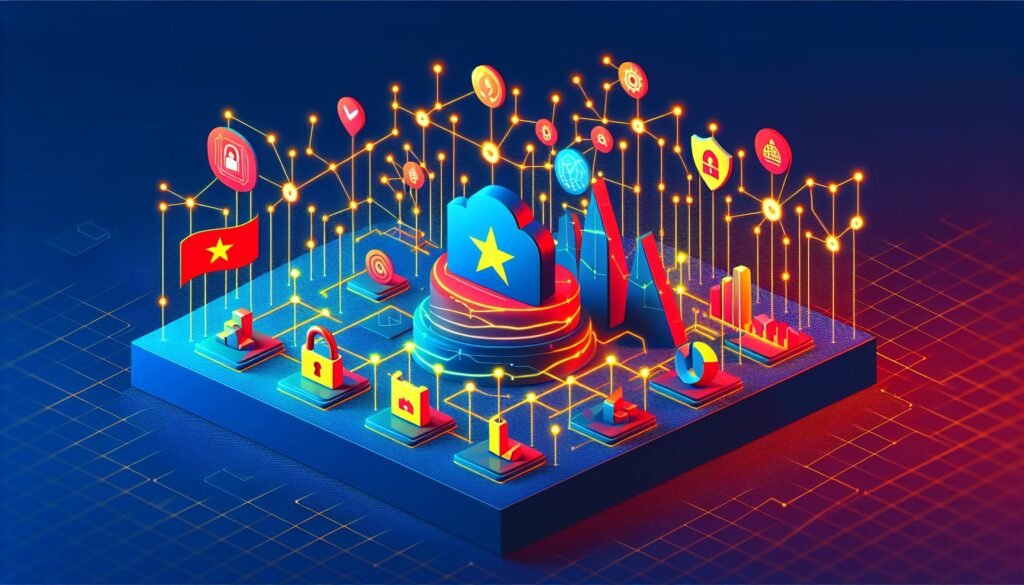
Additionally, the regulation restricts livestreaming to verified accounts, which will have an effect on the rapidly growing number of people who make a living through social commerce on platforms like TikTok. In addition to the implications for social media companies, the new laws also limit gaming for minors under the age of eighteen in an effort to prevent addiction.
Blogger Nguyen Hoang Vi, based in Ho Chi Minh City, told AFP that the new New Vietnamese internet law “may encourage self-censorship, where people avoid expressing dissenting views to protect their safety – ultimately harming the overall development of democratic values” in Vietnam.
Decree 147 will be used to publicly suppress those with different viewpoints,” said activist Dang Thi Hue, who writes about politics and social issues on her Facebook account, which has 28,000 followers.
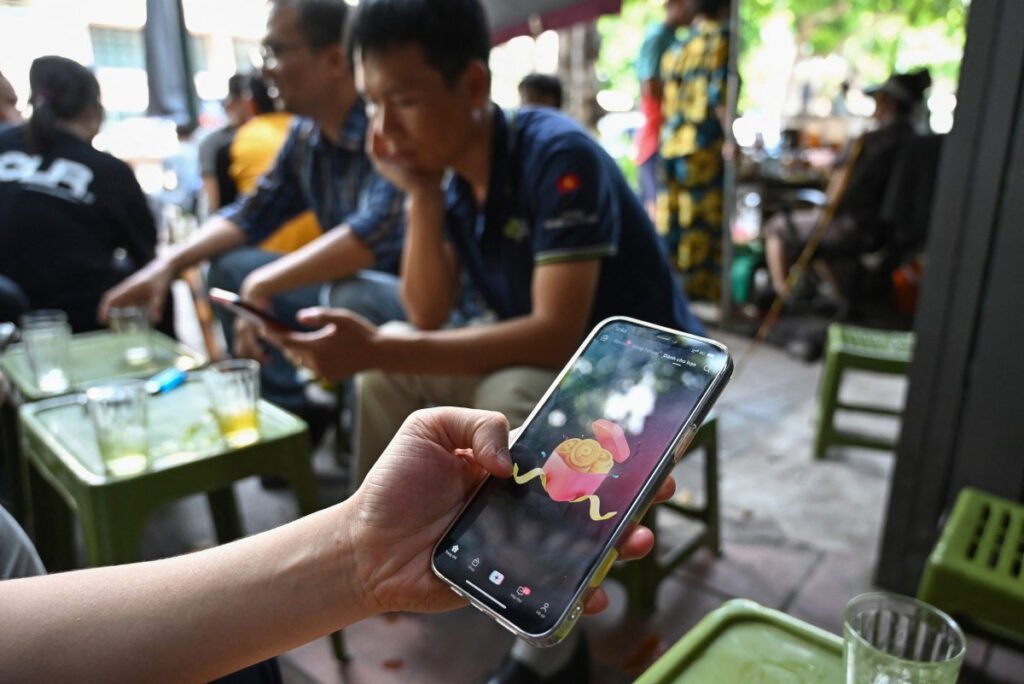
Regulations on Gaming Industry & Game Enthusiast Too
Under the New Vietnamese internet law, Publishers of video games are also supposed to set a time limit of one hour each game session and a daily maximum of 180 minutes for all games.
Data analysis firm Newzoo reports that just over half of Vietnam’s 100 million people frequently play these kinds of games.
A significant section of the populace is also active on social media; according to the Ministry of Information and Communications, there are approximately 65 million Facebook users, 60 million YouTube users, and 20 million TikTok users in the nation.
In the capital city of Hanoi, a small online gaming cafe with about a dozen young people riveted to their PC computers was not yet affected by the edict.
Summary – New Vietnamese internet law
New Vietnamese internet law, embodied by Decree 147, signify a profound shift in the nation’s digital landscape. While the government frames these measures as essential for maintaining national security, critics argue that they infringe upon privacy and stifle dissent. The implications for individuals, businesses, and the broader social media ecosystem are vast, from the restriction of free expression to changes in the thriving social commerce and gaming sectors. As Vietnam navigates this complex intersection of security and freedom, the international community and digital rights advocates continue to monitor the situation, raising critical questions about the future of internet governance in the region.












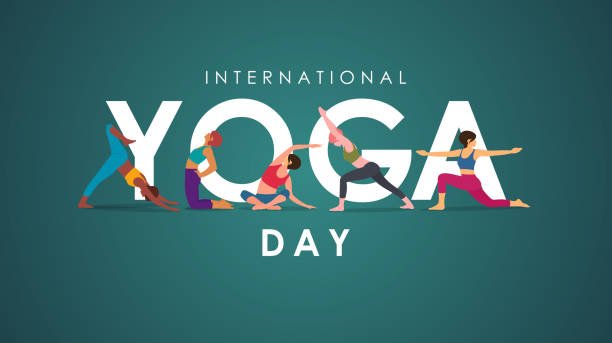
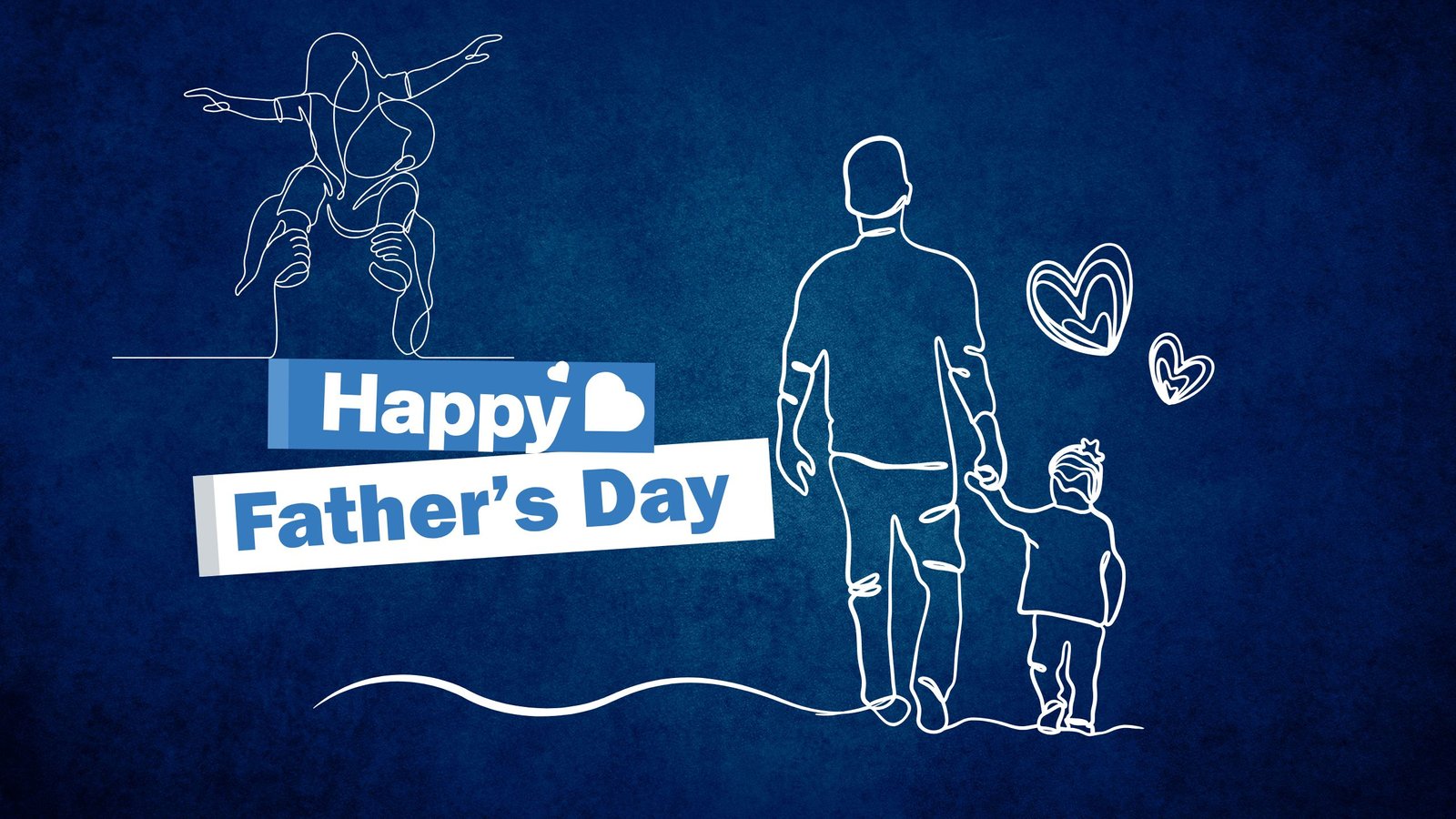
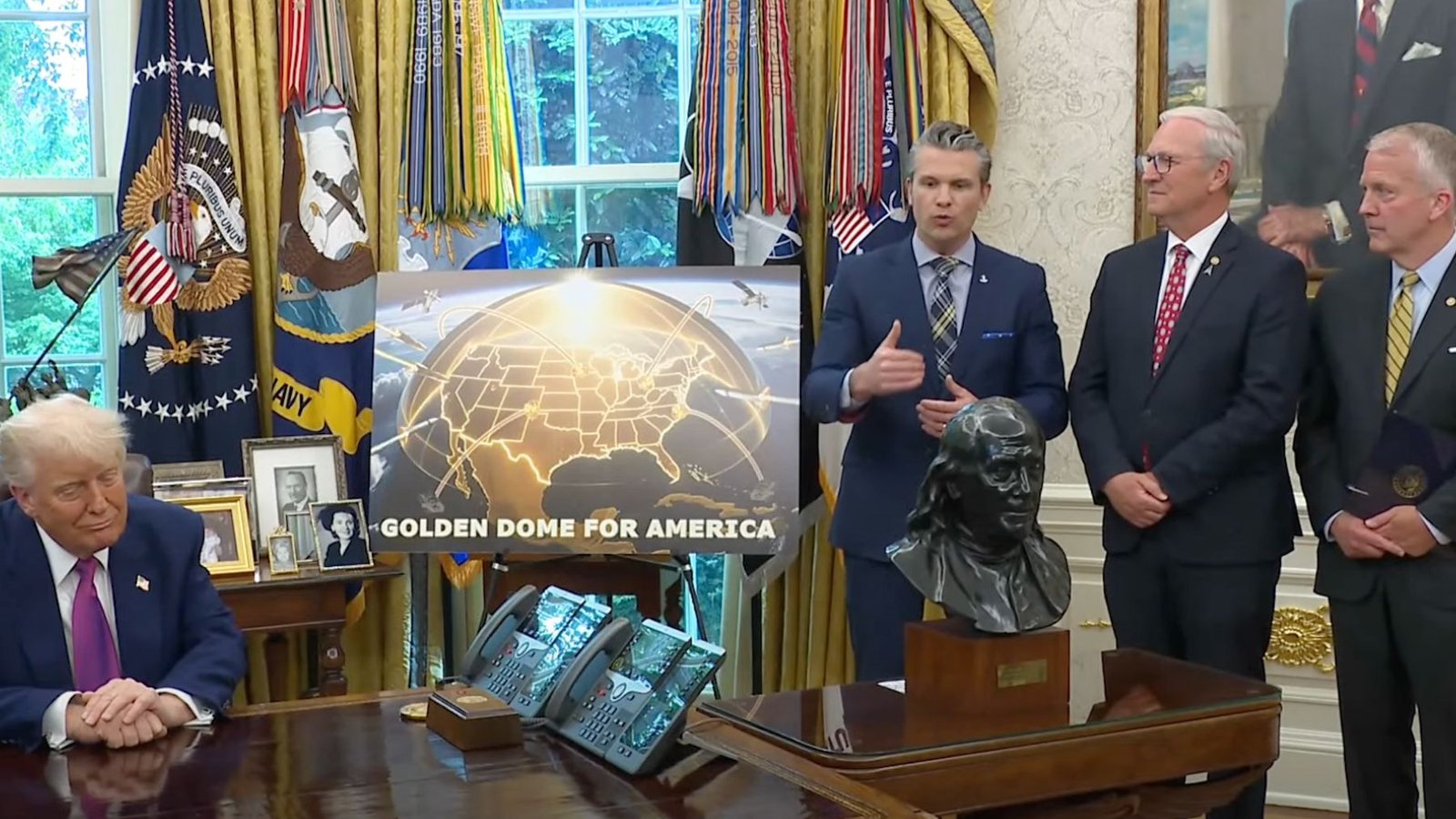

YouJizz Extremely valuable articles or reviews currently